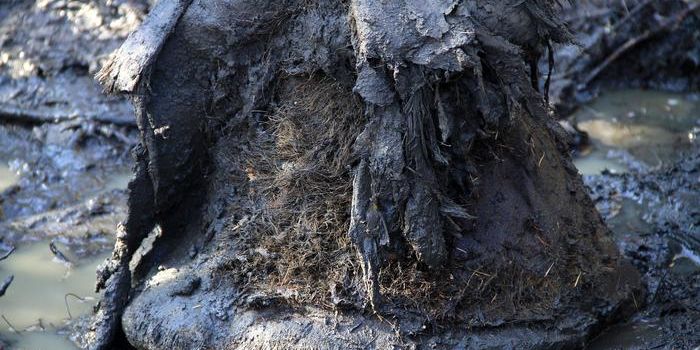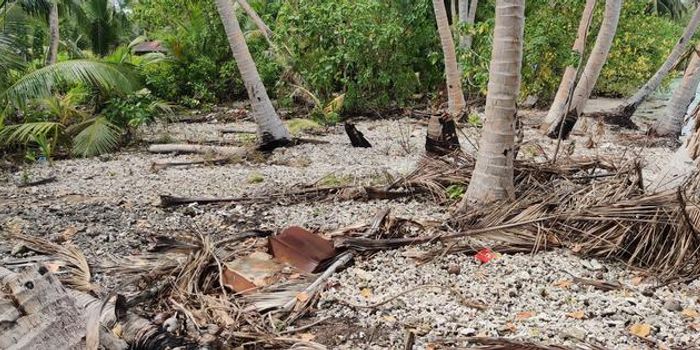The lost city of octopuses, found
In an allusion to the famous underwater lost city of Atlantis, scientists have dubbed the recently found acropolis of Gloomy octopuses (octopus tetricus), “Octlantis.” Discovered off the coast of Eastern Australia in Jervis Bay, this octopus city exemplifies rarely before seen behavior amongst the cephalopods.
Researchers observed a group of fifteen gloomy octopuses, who have previously been known for their “loner” statuses, congregating, communicating, dwelling together, and even kicking each other out of communal dens. The team of scientists was even able to take underwater video footage of the cephalopods exhibiting this unique behavior. Their findings are published in the journal Marine and Freshwater Behavior and Physiology.
The scientists are unsure why the cephalopods have turned to “city life”. One thought is that they are attracted to seafloor rock outcroppings and that they congregate with the intention of utilizing the rocks to construct shelters or dens.
Stephanie Chancellor, a co-author of the study, explained in a statement, “In addition to the rock outcroppings, octopuses who had been inhabiting the area had built up piles of shells left over from creatures they ate, most notably clams and scallops. These shell piles, or middens, were further sculpted to create dens, making these octopuses true environmental engineers,” she said.
The abundance of food around the area may be another reason why the octopuses are communing. However, with such prosperity also come hungry predators (mostly sharks) and aggressive territoriality between the cephalopods.
David Scheel of Alaska Pacific University postulates “Most commonly, the gloomy octopus seems to den by itself,” Scheel writes. “For these complex behaviors to occur, I think that they must encounter one another and interact regularly over generations, even if at any time there are more octopuses living a solitary life than interacting consistently throughout every day.”
Nevertheless, another theory is that these cephalopods have actually been exhibiting this behavior for a long time and only recently have humans developed the proper technology to discover and document it. Indeed, a similar site also near to Jervis Bay was found in 2009 and named Octopolis.
Sources: Quartz, The Guardian, Science Alert









